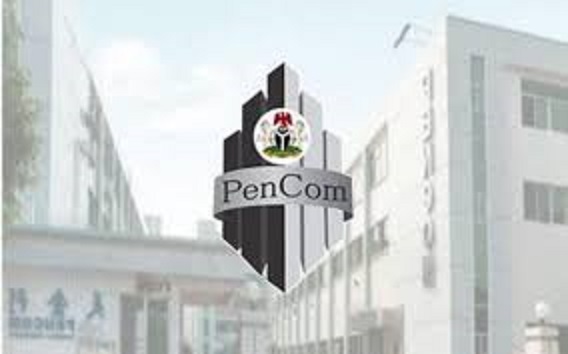As the National Pension Commission ( PenCom) considers the reintroduction of gratuity payments for civil servants under the Contributory Pension Scheme (CPS), a stakeholder has highlighted the need for robust legal backing to ensure the success and sustainability of this initiative.
The chairman/CEO, Achor Actuarial Services Limited, Dr. Pius Apere, while lauding the PenCom for the planned introduction of gratuity benefits for the federal government public servants under the CPS, noted that this decision must be backed by law.
Recall that PenCom is considering the reintroduction of gratuity benefits for federal government public servants under the Contributory Pension Scheme (CPS). Gratuity refers to a one-time lump sum payment made by an employer to an employee upon retirement or after serving a minimum period. Under current rules, gratuity was discontinued for many public servants with the introduction of the CPS via the Pensions Reform Act of 2004.
The director general of PenCom, Ms. Omolola Oloworaran, had earlier proposed to introduce gratuity benefits for the FG public servants under the CPS during a meeting held on 13th of June 2025 between the DG and head of the Civil Service of the Federation (HCSF).
According to Dr. Apere, “any decision to reinstate the gratuity scheme into the CPS must be backed by law, which will require an amendment to the PRA 2014, particularly Section 7(1) (a) of the Act to avoid duplication of payment of lump sum benefits.”
The framers of the law, Pension Reforms Act(PRA) 2004 (as amended in 2014), he said, did not consider the importance of pension increases when designing the two pension products in the CPS, namely Programmed Withdrawal (PW) and Retiree Life Annuity (RLA), to provide retirement benefits for the Retirement Savings Account (RSA) holders at retirement.
Alternatively, he added that, the framers made provision for Guaranteed Minimum Pension (GMP) in section 84(1) of PRA 2014 to protect the Retirement Savings Account (RSA) holders against some of the risks of low investment returns and the erosion of pensioners’ incomes by inflation.
However, the economic hardships facing the retirees have called for review of some aspects of retirement benefits design in CPS, hence, he applauded the pension industry regulator to have initiated this move.
In the same vein, he said, state governments are likely to introduce similar gratuity schemes for the state public servants, even though he was concerned with the ability of both government tiers to fund it.
“The only possible constraint will be the federal and state governments’ ability to fund their gratuity liabilities including the cost of actuarial valuation whether as standalone scheme or embedded in CPS.
“The latter scenario will result in a Hybrid ‘Middle-way’ scheme in operation – a scheme which offers both defined benefit (GS) and defined contribution (CPS) sections,” he stated.
The review of retirement benefits for CPS under PRA 2014 as highlighted above is a welcome and commendable initiative to improve the retirees’ welfare, he pointed out.
Gratuity is a defined benefit, a one-time lump sum payment, made by an employer to an employee upon retirement or when the employee leaves the organisation after completing a minimum number of years of continuous service.
Gratuity scheme (GS) is usually non-contributory as only the employer contributes to the scheme, which varies depending on the annual actuarial valuation of the gratuity liabilities in accordance with International Accounting Standard (IAS) 19 Employee Benefits





